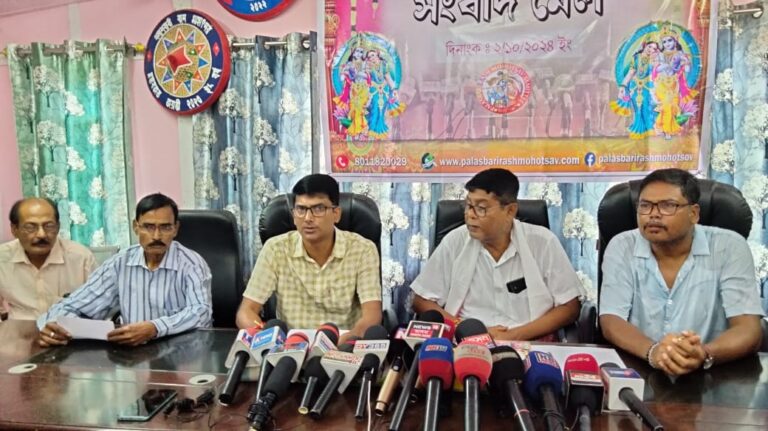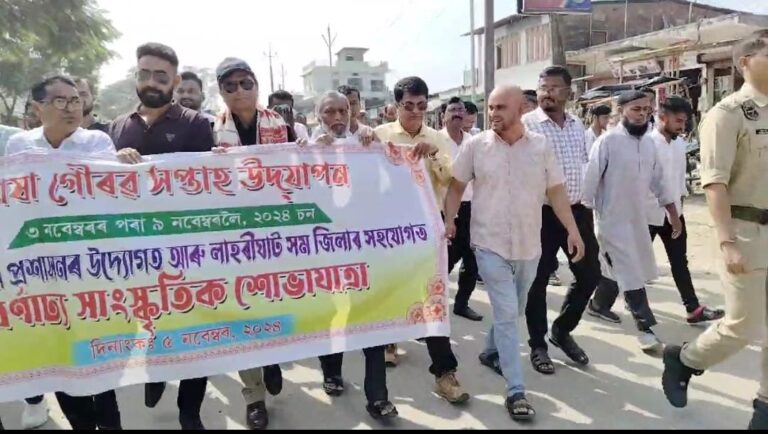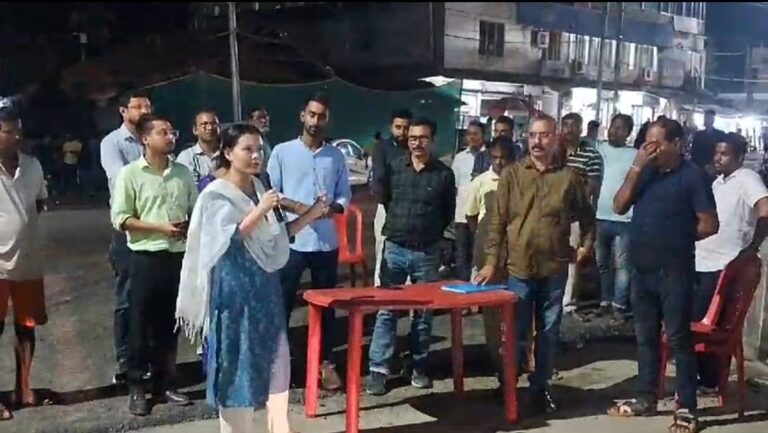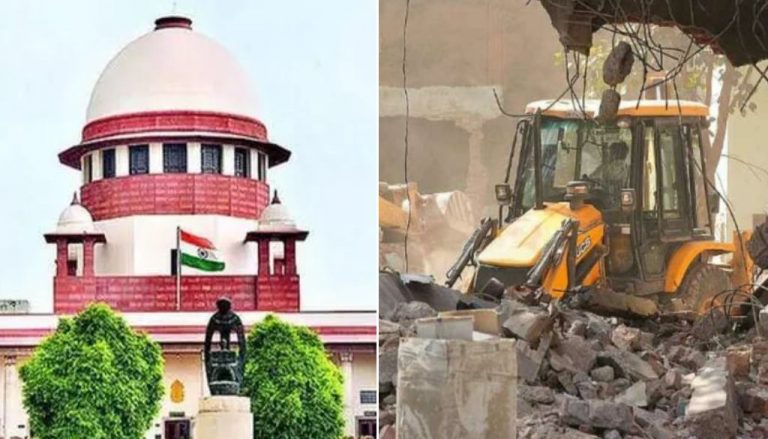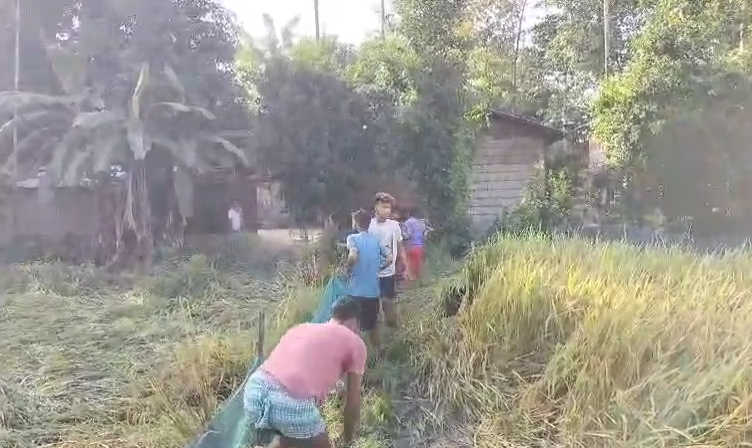The Meghalaya government on Friday ordered a probe into the reported leakage of toxic waste from the tanks containing uranium wastes in the South West Khasi Hills district, Deputy Chief Minister Prestone Tynsong said. Tynsong, also a government spokesman, told the media that after a review meeting on Friday, the government has decided to appoint an expert panel to study the reported leakage of toxic waste from the tanks in Domiasiat.
The government took the decision after local people, several NGOs and environmentalists claimed that high radioactive emissions have been noticed in areas close to the uranium waste storage tanks.
The Deputy Chief Minister said: “Chief Secretary MS Rao would constitute an expert panel and it would submit a detailed report about the development to the government at the earliest. The officials of the South West Khasi Hills district recently visited the areas but they reported that there was no leakage.”
Local people, environmentalists and NGOs have claimed that there are four effluent storage tanks and two other reservoirs in the Domiasiat-Nongbah-Jynrin area which have developed wide cracks causing leakage of toxic waste.
The Hynniewtrep Youth Council (HYC), a local body, has announced to file a petition before the National Green Tribunal (NGT) if the State government does not take appropriate steps in the matter.
The tanks were built a few decades ago reportedly for storing wastes extracted during the exploratory drilling for uranium deposits.
Such exploratory drilling has been carried out in many places in the uranium-rich South West Khasi Hills district.
The Atomic Minerals Directorate had reportedly decided a few years ago to stop exploratory drilling for uranium in the district.
India’s largest and richest sandstone-type uranium deposits estimated to be 9.22 million tonnes are located in Domiasiat, Lostoin and Wahkyn areas in central Meghalaya.
The Uranium Corporation of India Ltd (UCIL) under the Department of Atomic Energy (DAE) had made a plan to develop the mineral resources in Domiasiat under the name of “Kylleng Phendengsohiong Mawthabah (KPM) Uranium Mining Project”.
The project has the potential to generate substantial nuclear fuel for the atomic power plants of the country.
But due to strong local protests and huge agitations, the project could not progress.









